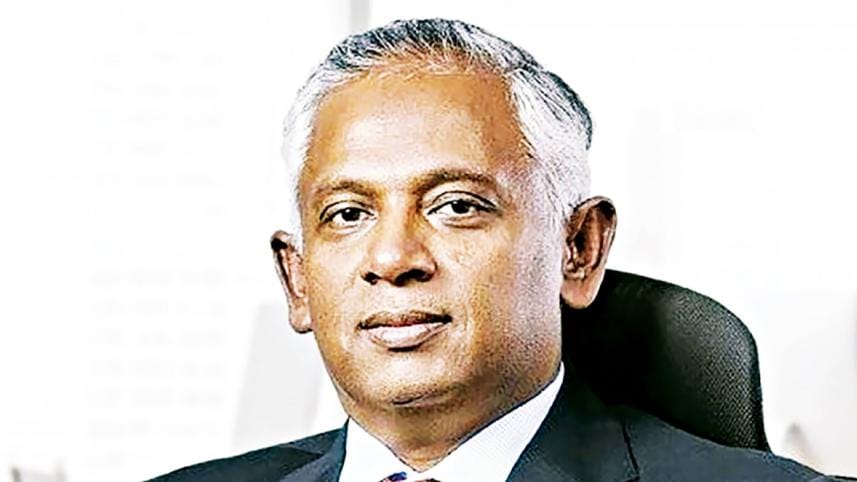A comedy of exploitation

Move over nine-to-five office hours! In Bangladesh, where traffic jams are our unofficial "overtime", the idea of a 90-hour workweek sounds like a plot twist in a Dhallywood movie. With CEOs in India and the US are turning employees into marathon runners, this trend could initiate the next 24/7 workathon! Bangladeshis are perfecting the art of balancing work and debating whether "office time" includes the two hours in traffic. So, before you clock in those extra hours, remember: Work hard, but not that hard!
Recent calls for extreme workweeks by global and regional leaders have sparked heated debates on workplace culture. SN Subrahmanyan, CEO of Larsen and Toubro, suggested a 90-hour workweek.
Infosys co-founder NR Narayana Murthy advocated a 70-hour workweek while Elon Musk claimed his teams clock 120-hour workweeks, setting an even higher benchmark. These remarks raised concerns about work-life balance, employee wellbeing, and sustainability of such gruelling schedules.
While corporate leaders push for relentless workhours, Gen Z isn't having it. They prioritise mental health, a work-life balance, and personal fulfilment. For them, success means flexibility, purpose and maybe a well-timed powernap. Unlike previous generations, they challenge the notion that productivity is measured by hours worked rather than efficiency and innovation.
And while India and the US see leaders pushing extreme hours, China, Japan and South Korea offer contrasting lessons. China encourages post-lunch naps, and Japan and Korea, despite their intense work ethics, are tackling karoshi (death by overwork) by promoting a better work-life balance. This underscores a crucial point: Productivity isn't about working longer, but working smarter.
For Bangladesh, where daily life involves battling traffic, bureaucracy and power outages, excessively long workhours could prove disastrous. Long workweeks can strain personal relationships, reduce family time, and lower overall well-being. Simply put, if inefficiencies in infrastructure and governance already consume so much time, then adding more workhours is counterproductive.
Ethical concerns also arise when companies demand 70 to 120-hour workweeks without proportional compensation or incentives. This approach raises questions about whether businesses prioritise employee well-being or merely seek higher profits. Such demands echo outdated labour practices that undermine worker dignity. Fair compensation, respect and sustainable work models should define modern leadership -- not an exploitative grind that benefits only the top tier.
Instead of pushing for extreme workhours, business leaders must adapt to new workforce dynamics. With Gen Z making up 25 percent of today's workforce, sustainability lies in flexibility, empathy and innovation. Companies should prioritise performance over hours worked by offering remote work options, mental health support and fair incentives. Encouraging efficiency and creativity fosters loyalty and productivity without burning employees out. A rigid, exploitative approach is unsustainable; adaptation is key to a thriving work culture.
A 2021 study by the World Health Organization (WHO) found that working over 55 hours weekly increases the risk of stroke by 35 percent and heart disease by 17 percent. In South Asia, including India, over 60 percent of employees report working beyond standard hours, citing burnout and stress. A Deloitte survey found that 77 percent of Gen Z workers have experienced burnout, emphasising their prioritisation of mental health and flexibility over excessive workhours. These findings highlight the impracticality of extreme work demands in today's evolving workforce.
So, before you sign up for a 120-hour workweek, maybe it's time to rethink what productivity really means. After all, even robots need recharging, and let's be honest—Bangladeshis already work overtime dodging potholes, power cuts and traffic. Let's aim for efficiency, not exhaustion!
The author is president of the Institute of Cost and Management Accountants of Bangladesh and founder of BuildCon Consultancies Ltd




 For all latest news, follow The Daily Star's Google News channel.
For all latest news, follow The Daily Star's Google News channel.
Comments